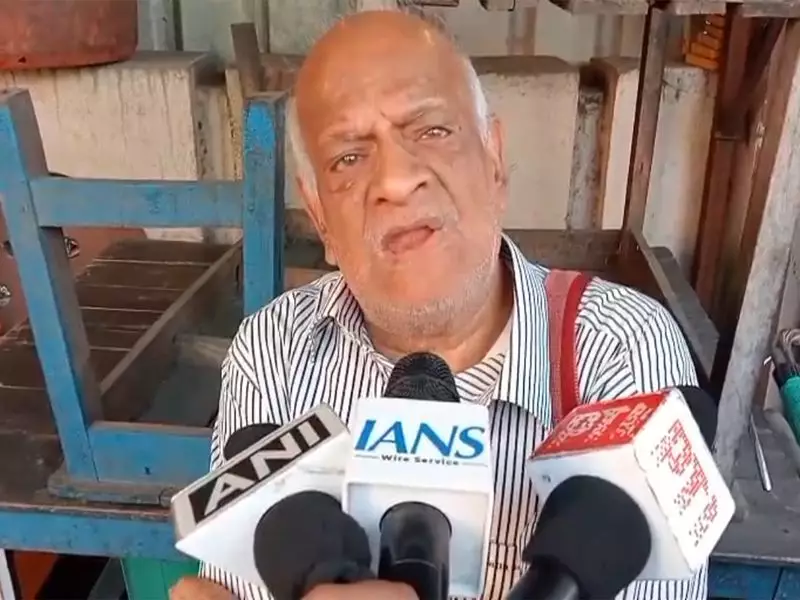
The legal battle surrounding a prominent Iskcon priest in Bangladesh has taken a dramatic turn as his defense lawyer publicly challenged the court's verdict, claiming the death sentence handed down was not based on factual evidence or proper legal procedure.
Defense Counsel Condemns Court Ruling
Advocate Shyamal Kanti Das, the defense lawyer representing the imprisoned Iskcon priest, has strongly criticized the judgment that sentenced his client to death. The verdict was delivered by a Bangladesh court on October 30, creating shockwaves through religious communities and human rights organizations.
In a bold statement, Das asserted that the court's decision lacked proper foundation in both facts and law. He emphasized that the legal process failed to consider crucial evidence and procedural requirements that should have protected his client's rights.
International Ramifications and Religious Concerns
The case has drawn significant international attention, particularly from India where concerns about religious minorities in neighboring Bangladesh have been growing. The involvement of an Iskcon priest, associated with the internationally recognized Hindu spiritual organization, has amplified the case's visibility.
Human rights advocates have expressed alarm about the implications for religious freedom in Bangladesh. The timing of the verdict, coming during heightened political tensions in the region, has added layers of complexity to an already sensitive situation.
Legal Battle Continues Amidst Growing Tensions
Despite the harsh verdict, Advocate Das confirmed that the legal fight is far from over. The defense team is preparing to pursue all available legal avenues to challenge the death sentence. They remain confident that higher courts will review the evidence more thoroughly and overturn what they describe as a flawed judgment.
The case has sparked debates about judicial independence and the treatment of religious minorities in Bangladesh. International observers are closely monitoring developments, with many calling for transparent and fair legal proceedings that respect fundamental human rights principles.
As the appeals process moves forward, the international community watches anxiously, recognizing that the outcome could have significant implications for religious freedom and bilateral relations in South Asia. The defense team's strong rejection of the verdict sets the stage for a prolonged legal battle that may ultimately test the resilience of Bangladesh's judicial system.





